Overcoming Multi-Channel Ecommerce Integration Challenges with Ginesys
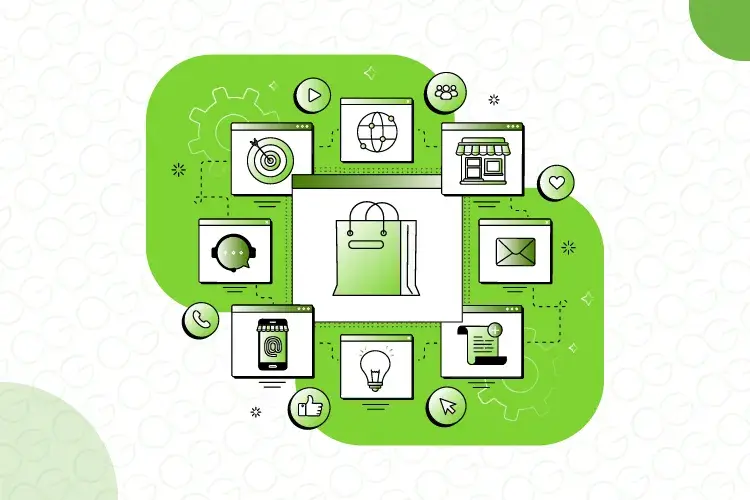
In today's digital age, ecommerce has become the go-to channel for businesses to reach potential customers. As online shopping continues to rise in popularity, e-commerce businesses need to constantly adapt and innovate to stay competitive. Multi-channel integration is a powerful tool that can help them reach a wider audience by enabling them to sell their products or services through various channels. By leveraging the benefits of multi-channel integration, they can increase their visibility, improve their customer experience, and ultimately drive growth.
In this blog, we will discuss the challenges that ecommerce businesses face with multi-channel integration and how they can overcome them.
What is Multi-channel Integration?
Multi-channel integration is the process of selling products or services through multiple channels simultaneously. This includes social media platforms, online marketplaces, and a business's own website. With multi-channel integration, businesses can reach a wider audience and increase their sales revenue.
The importance of social media as a channel for businesses to reach potential customers is emphasized by the "Digital 2022 Global Overview Report" by We Are Social and Hootsuite, which shows that more than 4.20 billion people use social media worldwide as of January 2021, with 53% of social media users using these platforms to research products before making a purchase.
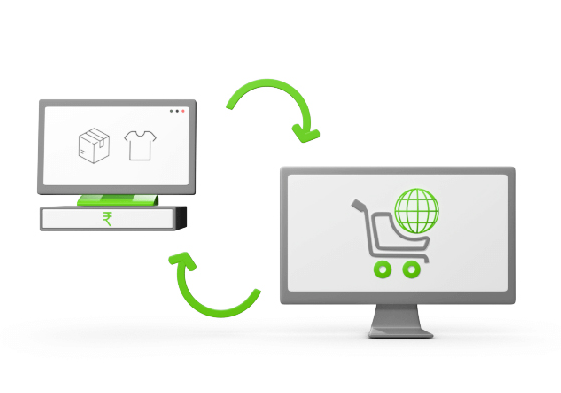
Ginesys ERP: The ultimate solution for efficient inventory management in trade, distribution, and retail.
Benefits of Multi-channel Integration in eCommerce
Multi-channel integration provides numerous benefits to ecommerce businesses. Here are some of its top benefits
-
Streamlined processes
Managing sales and inventory across multiple channels can be a time-consuming and complex task. With multi-channel integration, businesses can streamline their processes by managing their inventory and sales from a single platform. This reduces the risk of overselling or underselling products and helps them stay on top of their inventory levels.
-
Easier management
Multi-channel integration allows businesses to manage their sales and distribution channels from a single platform. This makes it easier to track sales and monitor inventory levels, reducing the need for manual data entry and the risk of errors. It also enables businesses to have a better overview of their overall operations, making it easier to identify areas for improvement.
-
Scalable and allows for growth
Multi-channel integration provides businesses with the flexibility to expand their operations and reach new audiences. This can help them grow their sales revenue and increase their customer base. With the right sales and distribution management software, businesses can easily add new channels as they grow, without the need for significant investment in infrastructure or additional resources.
-
Better insights on your customers’ shopping behavior
Multi-channel integration provides businesses with a better understanding of their customers' shopping behavior. By tracking sales across multiple channels, they can identify patterns and trends in their customers' purchasing habits, such as their preferred payment methods and shipping options. This information can help businesses optimize their operations and tailor their marketing efforts to better meet customer needs.
-
Strengthened brand identity
With a consistent branding strategy, businesses can create a cohesive image that resonates with customers and helps them establish trust and loyalty. This means that customers are more likely to recognize a brand and choose it over competitors, leading to increased customer retention and higher sales.
Common Challenges of Multi-channel Integration in eCommerce
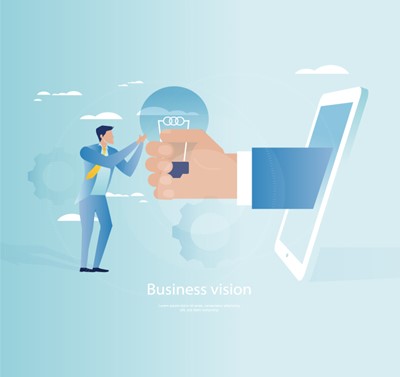
Managing a multi-channel integration in e-commerce can be a daunting task for most businesses.The process of integrating different sales channels and keeping them in sync with one another can be complex and time-consuming. Some common challenges that businesses face in multi-channel integration include
-
Cross-channel Messaging & Branding
One of the biggest challenges that businesses face when managing multi-channel integration is maintaining consistent messaging and branding across all channels. Each channel may have different audiences and require a different approach to messaging and branding, which can make it difficult for businesses to maintain a cohesive brand identity.
To overcome this challenge, businesses should create a style guide that outlines their brand's messaging, voice, and visual identity. They should also invest in tools that can help them create consistent messaging across all channels, such as email marketing and social media management software.
-
Omnichannel Sales
Providing a seamless shopping experience across multiple channels can be challenging for ecommerce businesses. Customers expect to be able to buy products online, in-store, and through their mobile devices, and expect a consistent experience across all channels.
-
Use of Multiple Systems
Managing multiple systems can be challenging for ecommerce businesses, particularly if these systems do not integrate well with each other. This can lead to errors, data duplication, and a lack of visibility across the business.
To overcome this challenge, businesses should invest in systems that can integrate with each other, such as an ecommerce platform that integrates with inventory management and sales management software. This can help businesses streamline their processes, reduce the risk of errors, and provide enhanced visibility
-
Multiple Distribution Options
Providing multiple distribution options, such as click-and-collect or home delivery can be challenging for ecommerce businesses. Each distribution option may have its own unique requirements, such as different shipping costs or delivery times.
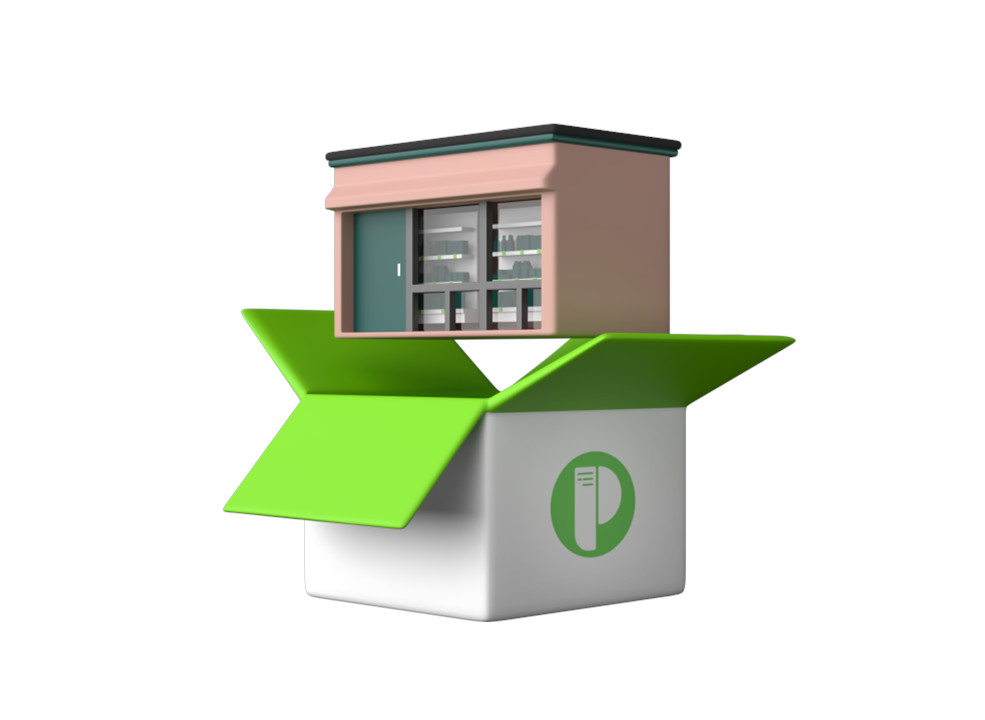
Ginesys POS: Your ultimate solution for seamless inventory management and lightning-quick billing.
-
Accurate Listing
Maintaining accurate product listings across multiple channels can be challenging for ecommerce businesses. Inaccurate product listings can lead to lost sales, unsatisfied customers, and a damaged brand reputation.
-
Enhanced Customer Experience
With the rise of ecommerce, customer experience has become a crucial aspect of business success. Providing a seamless and consistent customer experience across all channels can be a challenge when it comes to multi-channel integration. Customers would like to interact with businesses through their preferred channels, whether it is social media, email, phone, or chat.
To overcome this challenge, businesses need to ensure that they have the right technology and tools in place to manage customer interactions across all channels. They need to invest in a robust customer relationship management (CRM) system that integrates with all channels and allows them to track customer interactions and purchase history. This will enable businesses to provide personalized and relevant experiences to their customers.
Moreover, businesses should focus on providing a consistent brand experience across all channels, from the website to social media, to the brick-and-mortar store. This can be achieved by ensuring that the brand messaging, tone, and visual elements are consistent across all channels.
-
Shipping & Returns
Shipping and returns are crucial aspects of e-commerce that can make or break the reputation of a business.In multi-channel integration, managing shipping and returns can be a significant challenge. Different channels may have different shipping and return policies, which can be confusing for customers and difficult for businesses to manage.
Businesses need to invest in a reliable shipping and fulfillment system that can integrate with all channels. This will enable them to manage orders, track shipments, and handle returns from a single platform.
-
Additional Challenges

Apart from these challenges, there are many other challenges that businesses may face in multi-channel integration. These challenges include:
- Technical challenges: Associated with multi-channel integration can be complex and require specific expertise. Businesses may need to invest in specialized software, hardware, and networking infrastructure to ensure seamless integration. They may also face issues such as data synchronization, compatibility, and security risks.
- Data management challenges: Managing data across multiple channels can be complex and may require businesses to invest in data management tools and solutions.
- Staff training challenges: Proper staff training is crucial to ensure smooth multi-channel integration. However, it can be a daunting task to train employees, especially when they are already occupied with their existing roles. The lack of training can also lead to confusion and errors, causing a negative customer experience.
- Budget constraints: Investing in technology and tools to manage multi-channel integration can be expensive and may require businesses to prioritize their budgets accordingly.
- Competition : With more businesses moving towards multi-channel integration, competition is becoming fierce. This means that they need to keep innovating and improving their integration capabilities to stay ahead.
To overcome these challenges, businesses need to have a clear strategy in place and invest in the right technologies, tools, and processes. They should also prioritize staff training and ensure that their policies and processes are consistent across all channels. Additionally, businesses should regularly evaluate their performance and make changes as needed to stay competitive in the market.
Solutions

-
Order management system with multi-channel integration
Implementing an order management system that integrates with multiple channels can help businesses streamline their order fulfillment process. With an order management system in place, businesses can easily manage orders from multiple sales channels in one place, eliminating the need to manually enter orders from each channel. The Ginesys One Order Management System - Browntape is an example of an order management system that integrates with multiple channels, providing businesses with real-time inventory updates, order tracking, and easy order processing.
-
Ecommerce SaaS platform
An e-commerce SaaS (Software as a Service) platform can help businesses set up and manage their online stores with ease. SaaS platforms like Shopify, BigCommerce, and Magento are very popular. Browntape OMS from the Ginesys One suite offers a range of features and integrations with these Ecommerce platforms that can help businesses create a unified online presence across multiple channels. The forward orders, return orders and other data can be pulled from the ecommerce platform into the Browntape OMS and further, inventory updates can be automatically pushed to your ecommerce store from the OMS.
-
Ecommerce SaaS platform
Analyzing the product category demand across channels can help businesses make data-driven decisions about their inventory management. With Ginesys' inventory distribution software, businesses can get real-time insights into their product category demand across all channels, helping them make informed decisions about inventory allocation and replenishment. Ginesys BI from the Ginesys One suite helps analyze data about product performance across channels and helps you allocate the right product to the right point of sale.
-
Forecast future demand
Forecasting future demand for products can help businesses plan their inventory levels and avoid stockouts. Ginesys BI provides predictive analytics to forecast future scenarios and how much inventory would be required for fulfilling demand for products based on historical data across channels.
-
Set minimum viable stock
Setting a minimum viable stock level can help businesses maintain optimal inventory levels and avoid overstocking or understocking. Ginesys OMS has a safety stock feature wherein you can block more sales from certain channels after inventory reaches a minimum level.
-
Implement inventory management software
Implementing inventory management software can help businesses keep track of their inventory levels across multiple channels. Ginesys' inventory management software provides businesses with real-time inventory tracking across all channels, allowing them to manage their inventory levels and avoid stock outs or overstocking.
-
Hire the right people
Hiring the right people with the right skills and experience can help businesses manage their multi-channel integration effectively. Ginesys provides training and support to businesses to help them hire the right people and provide them with the necessary skills to manage multi-channel integration.
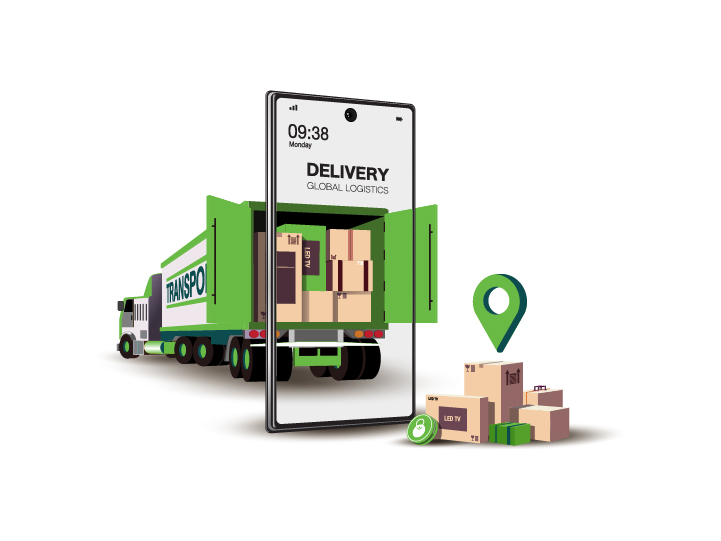
Go the omni-channel way for all your Online & offline retail needs, with Ginesys!
-
Document guidelines
Documenting guidelines and procedures can help businesses ensure that everyone involved in managing multi-channel integration is on the same page. Ginesys provides businesses with standard operating procedures and guidelines to help them manage multi-channel integration effectively.
-
Find the best shipping partner for your needs
Finding the right shipping partner can help businesses ensure timely and cost-effective delivery of their products. Ginesys provides businesses with a range of shipping options and partners to choose from, helping them find the best shipping partner for their needs.
-
Clear return policies
Having clear return policies can help businesses manage returns effectively and ensure customer satisfaction. Ginesys provides businesses with customizable return policies and easy return management options to help them manage returns across all channels.
-
Focus on growth initiatives
To succeed in e-commerce, businesses need to focus on growth initiatives such as expanding to new markets and channels. Ginesys helps businesses identify growth opportunities and provides the necessary tools and support to execute these initiatives.
-
Implement inventory management software
Implementing inventory management software can help businesses keep track of their inventory levels across multiple channels. Ginesys' inventory management software provides businesses with real-time inventory tracking across all channels, allowing them to manage their inventory levels and avoid stock outs or overstocking.
-
Maintain product quality
Product quality is essential for customer satisfaction and long-term success in e-commerce. Ginesys provides businesses with quality control tools that enable them to monitor and maintain product quality across all channels.
-
Get more website traffic
To increase sales and revenue, businesses need to attract more website traffic. Ginesys performance marketing team offers businesses access to a wide range of digital marketing tools and services that can help them drive more traffic to their website and increase their online visibility. We are experts at marketplace listing and marketing and can take the pain out of managing multiple marketplace channels for you.
Leverage Omnichannel Ecommerce Integration with Ginesys
Omni-channel Ecommerce Integration with Ginesys refers to the integration of Ginesys POS and Warehouse software with Ecommerce platforms to enable seamless communication and data transfer between them. Ginesys One is the first omnichannel suite in India and by leveraging omni-channel ecommerce integration (via Browntape OMS), businesses can manage their operations across multiple channels, including online marketplaces, social media, and their own ecommerce websites, all from a single platform. This can help streamline operations, reduce errors and delays, and improve customer experience.
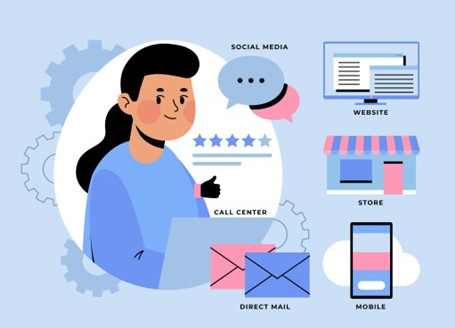
Ginesys offers a multi-channel order management system (OMS) that can help businesses manage their orders and inventory across multiple channels, including online marketplaces, brick-and-mortar stores, and their own website. This OMS can also be integrated with Ginesys' enterprise resource planning (ERP) software, which can manage everything from procurement to production to finance.
Ginesys' point-of-sale (POS) software is designed to work seamlessly with its OMS and ERP systems. This means that businesses can use a single platform to manage all their operations across multiple channels and locations.
Ginesys' ecommerce SaaS platform can also help businesses create a customized online store fully integrated with other channels. This platform comes with features such as inventory management, product listing, and order fulfillment.
With Ginesys, businesses can leverage customized branding and messaging tailored to each channel. Inventory management software can help businesses track their inventory across all their channels and set minimum viable stock levels to ensure that they always have enough inventory to fulfill orders. It also offers features such as product category demand forecasting, hiring guidelines, and shipping partner integration. Clear return policies and product quality maintenance are also a part of Ginesys' many capabilities.
Ginesys One is the culmination of all these features and capabilities, designed to shape India's best omni-retail suite. Ginesys One enables businesses to manage all their operations across multiple channels and locations using a single platform, helping them achieve better visibility, increased efficiency, and improved profitability.
If you're a business looking to grow your ecommerce operations and streamline your multichannel integration, Ginesys is the solution for you. Don't wait any longer to take advantage of Ginesys' capabilities such as the multichannel order management system (OMS), enterprise resource planning (ERP) software, and point-of-sale (POS) software working together as Ginesys One to shape India's best omniretail suite. Contact Ginesys today to see how their comprehensive solution can help your business achieve better visibility, increased efficiency, and improved profitability.
